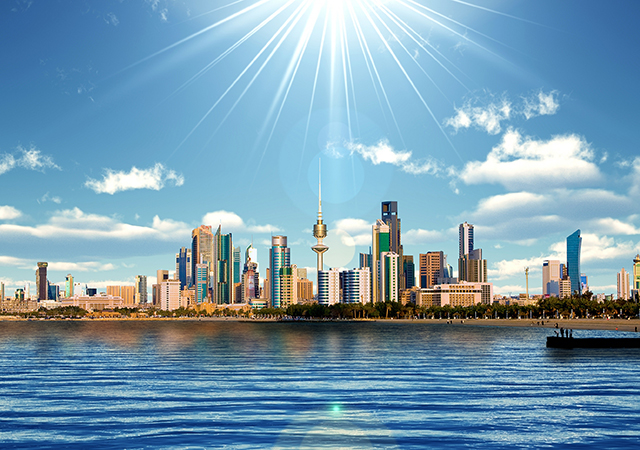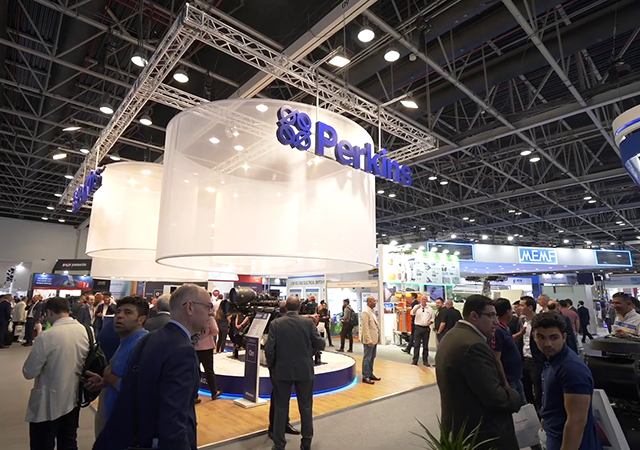
 Scene at the recently held Dubai WoodShow
Scene at the recently held Dubai WoodShow
UAE imports of US hardwood lumber and veneer are the highest for any market in the Middle East and North Africa (Mena) region, US Department of Agriculture statistics say.
The Gulf state accounted for a 13.5 per cent share of imports valued at $86.54 million in 2012.
Increasing preference for environmentally friendly products is also helping sales of hardwood.
“Progressive legislation introduced in this sector, not to mention its accumulated experience, is also giving it a shot in the arm,” said Walid Farghal, director general of Strategic Marketing & Exhibitions, organisers of the recently held The Dubai WoodShow.
He added: “We are very delighted with the strong participation of global exhibitors at Dubai WoodShow 2014, including architects, interior designers, furniture manufacturers, representatives of associations and commercial boards, as well as a large number of visitors.”
The event, spread over an area of 13,428 sq m, featured a series of specialised seminars featuring renowned international experts from timber trade bodies from all over the world. The UAE is a leading hub for the timber trade in the Gulf region through Dubai. Experts say the UAE timber trade is expected to grow 300 per cent in the next five years.
The American Hardwood Export Council (AHEC), the leading international trade association for the American hardwood industry, flashed the spotlight on thermally-modified American hardwoods at the Dubai WoodShow. According to Roderick Wiles, AHEC director for Africa, Middle East, South Asia and Oceania, thermal modification is a relatively simple, but carefully controlled heating process, which when applied to a select few American hardwood species effectively turns non-durable interior timber in to a material that can be used outside and even in high-moisture environments.
The AHEC says growing environmental awareness and stricter environmental regulations are forcing end users to look for timber from sources which have a proven record of sustainable management and low environmental impact. The process of thermal modification (also known as heat treatment) is now able to provide temperate hardwood species with the requisite durability and resistance to decay that was, traditionally, only offered by tropical hardwoods. Whilst the concept is not a new one, thermal modification today is an industrial process, using painstakingly developed technology and it truly represents a new opportunity for American hardwoods. The thermal modification process, a clean and energy efficient technology, uses high heat in a controlled atmosphere to improve both the dimensional stability and the decay resistance of wood by permanently altering its chemical and physical properties.
“By using hardwood sourced from America’s well-managed forests, thermally-modified US hardwoods provide an affordable and sustainable alternative to certain alternative species which might have a questionable source,” said Wiles. “The thermal modification process limits the ability of the wood to absorb moisture, so the product is more dimensionally stable and less prone to cup, warp and twist with changes in relative humidity. This increase in dimensional stability significantly extends the service life of applied finishes, reducing maintenance costs. The thermal modification process also removes those nutrients in wood that would otherwise provide a food source for insects and wood-destroying fungi. As a result, the end products do not contain any toxic chemicals to improve longevity and performance.”













